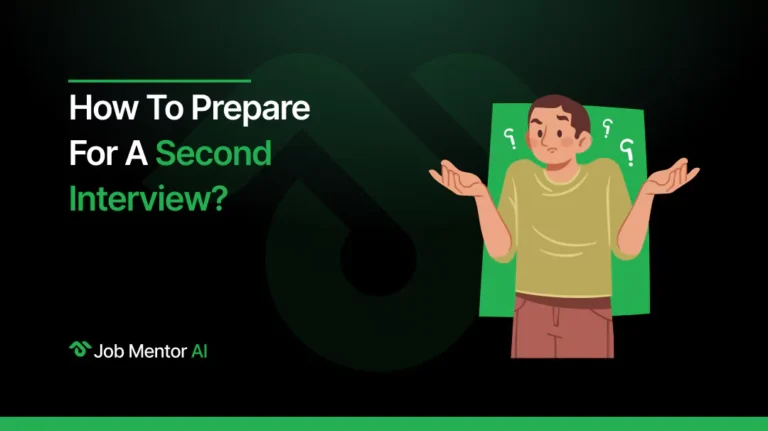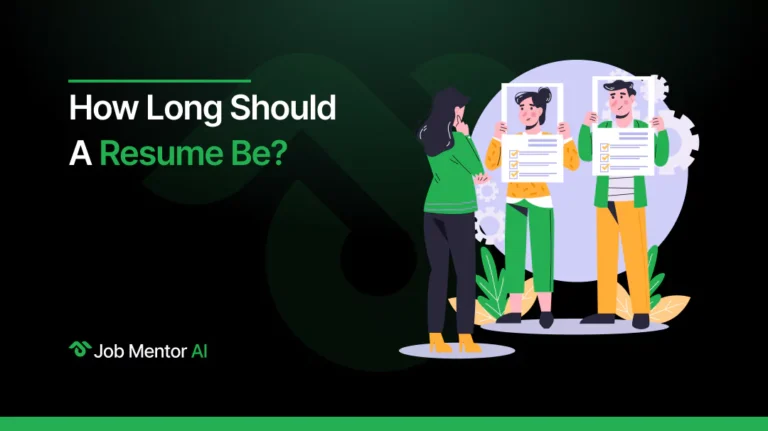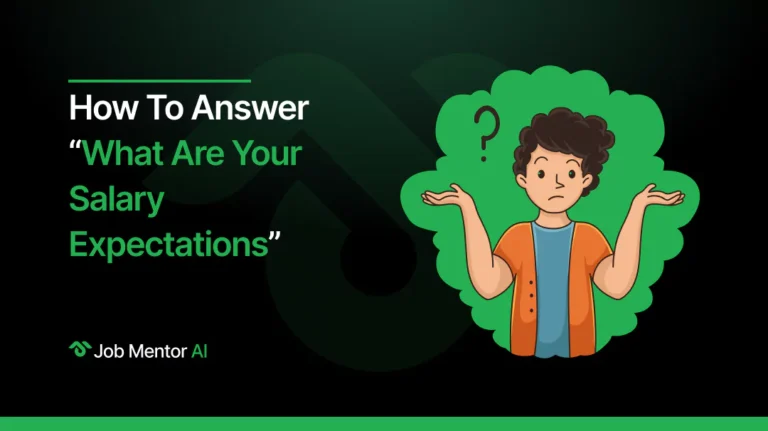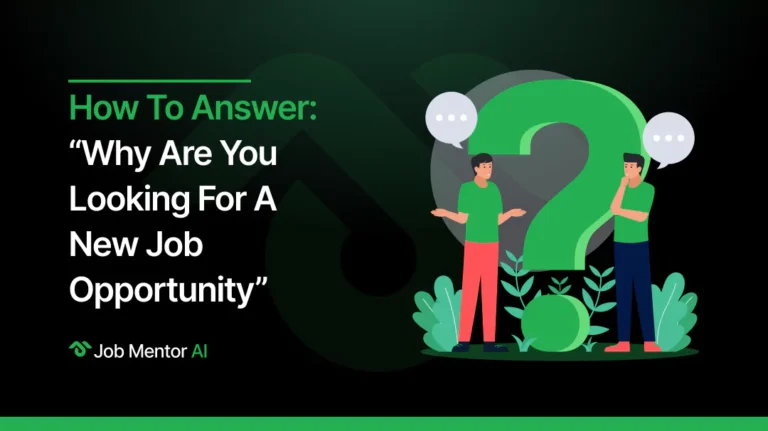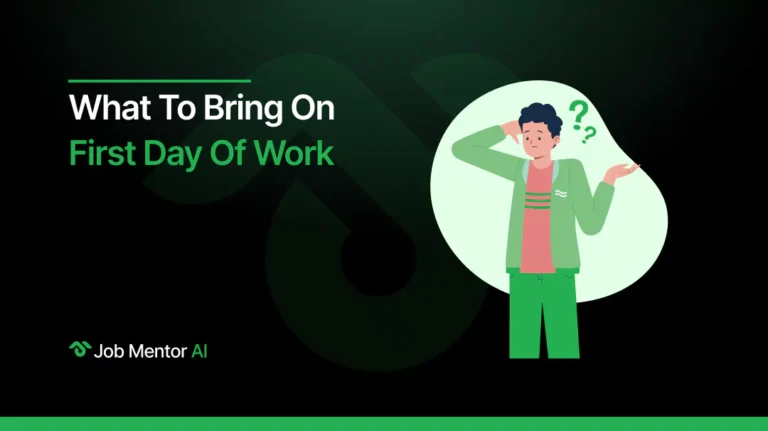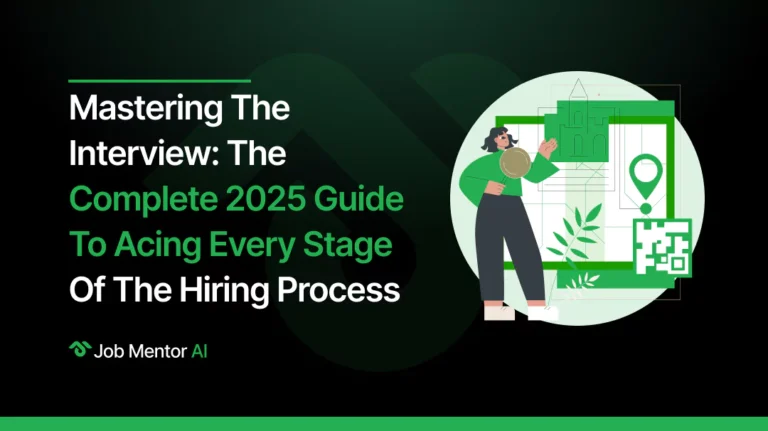Getting a job today takes more than just a good resume. Job interviews are an important step in the hiring process. They help employers understand who you are and what you can bring to their company. If you are searching for a job, you need to know about the different types of interviews and how to get ready for them. Some interviews test your skills. Others look at how you act under pressure. Some may even check your communication style.
In this blog, we will discuss the main categories of interviews and some common ways to prepare for your interview.
What is an Interview?
An interview is a meeting between you and an employer. It allows the employer to learn about you and decide if you are the right person for the job. During a job interview, you answer a series of questions. These questions help the employer learn about your experience, attitude, and ability to handle different situations.
The interview process also helps you decide if the company is the right fit for you. It is not just about getting the job. It is also about making sure the job fits your goals. Interviews usually last around 30 minutes, but the time may vary. Sometimes, you may face more than one round. Each round may use a different style of interview.
Different Types of Interview
There are many types of interviews used by employers. Each type has a different purpose. Here are the most common types of interviews you should know.
1. Personal Interview
A personal interview is a one-on-one meeting. It is the most basic and common form of interview. The interviewer focuses on your background, goals, and qualifications. You may also face common interview questions like “Tell me about yourself” or “What are your strengths?”
2. Panel Interview
In a panel interview, more than one person asks you questions. You may face a group of managers or team leaders. This format helps the company get different opinions about you. Make sure to maintain eye contact with each person when you answer.
3. Group Interview
In a group interview, you are interviewed with other candidates. The employer watches how you act in a team. They check your body language, confidence, and leadership skills. This format is often used for sales or customer service roles.
4. Phone Interviews
Phone interviews are used to screen candidates before a final round. Phone interviews are usually short and quick. You may get asked about your resume, availability, and basic skills. This format saves time and helps filter the best candidates.
5. Video Interview
A video interview is like a personal interview, but it happens online. Many companies use this format for remote roles. Many company also uses on-demand video interviews, which is also a type of video interview. Make sure your camera and mic work well. Dress professionally and keep good eye contact, even through the screen.
6. Behavioural Interviewing
This type of interview looks at how you handled past work situations. You may get questions like “Tell me about a time you solved a problem.” The interviewer focuses on your behaviour, attitude, and results. Use the STAR method, situation, task, action, and result, to answer clearly.
7. Technical Interview
In a technical interview, the focus is on your technical knowledge. You may be asked to solve real problems, write code, or explain technical ideas. This type is common in IT, engineering, and science jobs.
8. Informational Interview
An informational interview is not about hiring. It helps you learn about a job or company. You talk to someone in the field and ask about their role. It is a good way to explore career options and build contacts. You may also encounter informal interviews, which are more conversational in nature.
Each of these categories of interview helps the employer learn something different about you. Some may test your skills. Others may test your thinking or how you deal with others.
Common Tips to Prepare for Interviews
Good preparation before your job interview can help you feel calm and confident. Some of the very common tips to prepare for job interviews are as follows.
1. Research the Company
Before your interview, learn about the company. Know what they do, who their clients are, and what they value. This helps you give better answers that match the company’s goals.
2. Practice Common Interview Questions
There are many common interview questions that come up often. Practice your answers out loud. This helps you stay clear and focused. You can ask a friend to help you with mock interviews.
3. Review the Job Description
Check the skills and duties listed in the job post. Think about how your past work matches these points. Be ready to explain your experience with clear examples.
4. Dress the Right Way
What you wear matters. Dress in clean and neat clothes that match the job. For a formal job, wear business attire. For a creative role, smart casual may be fine.
5. Focus on Body Language
Your body language tells a lot about you. Sit straight, smile, and use hand gestures naturally. Do not cross your arms or look at the floor. Make sure to keep good eye contact.
6. Be Ready for Different Formats
As you now know, there are many types of interviews. You may face a phone call first, then a video round, then a panel interview. Each format needs a slightly different approach. Be ready for all of them.
7. Ask Questions
At the end of the interview, the employer may ask if you have questions. This is your chance to show interest. You can research some questions to ask your hiring managers, which will improve your chances of getting the role. Ask them about the team, company goals, or the next steps in the interview process.
Conclusion
Knowing the different types of interviews can help you plan better. Each interview has its own goal. Some focus on skills. Others test your behaviour or how you act in a team. When you know what to expect, you can prepare the right way. Stay calm, speak clearly, and be yourself. Every job interview is a chance to show your best side. The more you prepare, the more confident you will feel.
Want to take your interview preparation to the next level? Use the AI Interview Copilot, your personalised interview coach! Practice real questions, get instant feedback, and sharpen your answers with AI-powered insights designed to help you stand out.
Table of Contents
Frequently Asked Questions
What are the most common types of interviews I should prepare for?
The most common types of interviews include personal interviews, panel interviews, group interviews, phone interviews, video interviews, behavioural interviews, stress interviews, technical interviews, and informational interviews. Each format assesses different aspects of a candidate’s suitability for a role.
How can I prepare for a behavioural interview?
To prepare for a behavioural interview, reflect on past experiences where you demonstrated key skills relevant to the job. Use the STAR method (Situation, Task, Action, Result) to structure your responses, providing clear examples of how you’ve handled specific situations.
What should I do differently for a video interview compared to an in-person interview?
For a video interview, ensure your technology is functioning properly, choose a quiet and well-lit environment, and dress professionally. Maintain eye contact by looking at the camera, and minimize distractions to stay focused throughout the interview.
How do I handle a stress interview?
In a stress interview, interviewers may intentionally create pressure to observe your reactions. Stay calm, listen carefully, and respond thoughtfully. Demonstrating composure and problem-solving abilities under stress can leave a positive impression.
What are some common interview questions I should practice?
Some of the common interview questions that you should practice include:
- “Tell me about yourself.”
- “What are your strengths and weaknesses?”
- “Why do you want to work here?”
- “Describe a challenging situation and how you handled it.”
- “Where do you see yourself in five years?”
Using the AI Interview Answer Generator for practising answers to the interview questions can enhance your confidence and performance during interviews.
How long does a typical interview last?
A typical job interview can last about 30 minutes to one hour. Some phone interviews or first-round screenings may be shorter. Panel interviews or technical assessments might take longer depending on the role and company.
What is the best way to answer technical interview questions?
The best way to answer technical interview questions is to break down your thought process clearly. Focus on logic and accuracy. Show how you apply your technical knowledge to real tasks. You can also mention tools or systems you’ve used in past roles.
Can I ask questions at the end of an interview?
Yes, asking questions shows interest and preparation. You can ask about the team, the company culture, or the next steps in the interview process. Keep your questions short and relevant. It also helps build a good connection with the interviewer.


